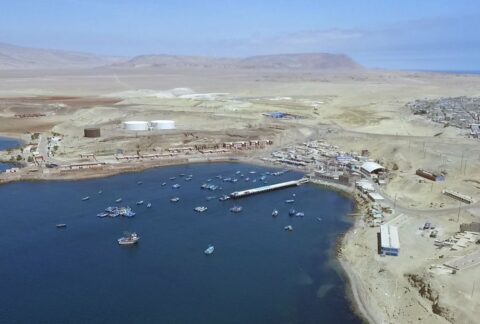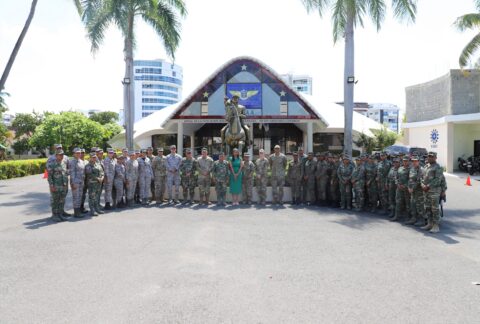The Brazilian Federal Police (PF) successfully dismantled a large money laundering network linked to international drug trafficking. Operation Bahamut, launched on July 12, led to the arrest of several people in the states of Rio de Janeiro, São Paulo, Santa Catarina, and Rio Grande do Sul.
As part of Bahamut, which alludes to a creature from Arab mythology that supports the Earth, the Brazilian courts blocked more than $51 million from accounts linked to this network of criminal groups. According to the PF, the groups supported the illicit financial arrangements of criminal organizations.
Federal agents executed searches in more than 30 locations, seizing relevant evidence and assets totaling more than $5 million, including the seizure of about $415,000 in cash. Authorities served 11 preventive arrest warrants and 29 search and seizure warrants against members of two criminal groups, whose names were not mentioned in the statement, who moved some $415 million since 2017.
“It was found that the suspects’ activities were based on the creation of front companies in the name of intermediaries, which were used to open accounts used to move illicit amounts. In all, more than 20 companies created for this purpose were identified,” the PF said in a statement.

The front companies, including a currency exchange office in Rio de Janeiro, were used by the groups to hide illicit assets and were involved in financial transactions with countries in Europe and North and South America. The currency exchange office was identified as responsible for the internalization of currency from other countries to pay traffickers in Brazil.
Part of the money laundering from narcotrafficking was done through crypto assets, according to the PF. The network’s leaders enjoyed a life of luxury and lived in expensive real estate, in addition to owning high-value vehicles and making frequent international trips, authorities said. The crimes for which they are being prosecuted, including belonging to a criminal organization and money laundering, could lead to a sentence of up to 30 years in prison.
The PF’s investigation unfolded following operations Tamoios and Brutium, launched in Rio de Janeiro in 2021 and 2022, which sought to crack down on international cocaine trafficking by sea from Brazil to Europe.
On July 20, the PF announced the arrest in Spain of a Syrian citizen on the run from Bahamut. The detainee was one of the main operators of the illegal scheme under investigation and had his name included in Interpol’s red notice list after police officers found that he had fled to Paraguay by land shortly after the operation was launched and had boarded a flight in Asunción bound for Madrid.
The arrest was made at Madrid-Barajas Airport following intelligence information exchange with the Spanish National Police, as well as joint action by the PF attachés in Spain and Paraguay, and Interpol agents. The prisoner, whose name was not disclosed, is awaiting extradition proceedings so that he can be held accountable in Brazil for crimes against the national financial system, criminal organization, and money laundering. Operation Bahamut is ongoing.









